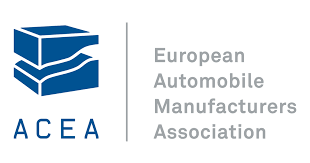Chemycal has been acquired by 3E
Learn MoreChemycal has been acquired by 3E
Learn MoreDiscover how Chemycal PRO helps you boosting your regulatory monitoring:

Automobile production plants – be they in the EU27 or the UK – receive and fit millions of parts into vehicles every day. All manufacturers rely on ‘just-in-time’ and ‘just-in-sequence’ delivery and production, without any delays or obstacles. These parts are in constant transit in trucks, arriving as and when they are needed.
Every day 1,100 EU trucks cross the Channel to deliver to car and engine plants in the United Kingdom alone, for example. After Brexit, even short hold-ups at customs will cause massive logistical problems, disrupting the production process and generating significant costs.
“Our members are already making contingency plans and are looking for warehouse spaces to stockpile parts,” stated Erik Jonnaert, Secretary General of the European Automobile Manufacturers’ Association (ACEA), which represents the 15 major Europe-based car, van, truck and bus manufacturers. “However, the space required to stockpile for more than a short time would be absolutely huge – and expensive.”
“Some of our members are also planning a temporary post-Brexit production shutdown. But the harsh fact is that no amount of contingency planning can realistically cover all the gaps left by the UK’s withdrawal from the EU on WTO terms.”
Under WTO rules, a 10% tariff would be applied to all cars traded between the EU and the UK. Jonnaert: “We cannot forget that profit margins in our industry are significantly lower than 10%. At the end of the day, these extra costs will either be passed on to the consumer or will have to be absorbed by the manufacturers.”
CONTINUE READING ON www.acea.be
2013 © MyChemicalMonitoring. ALL Rights Reserved. About Us | Terms and Conditions